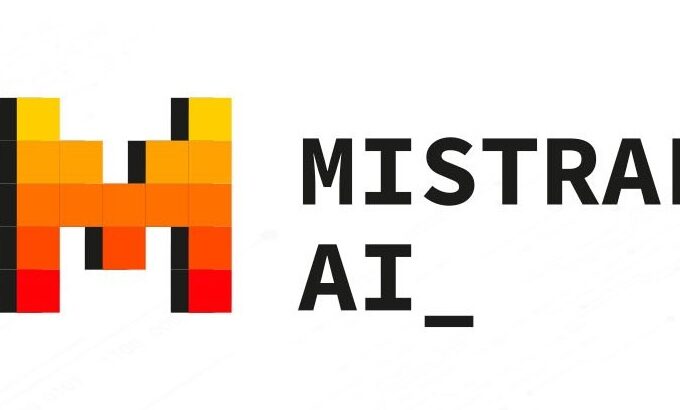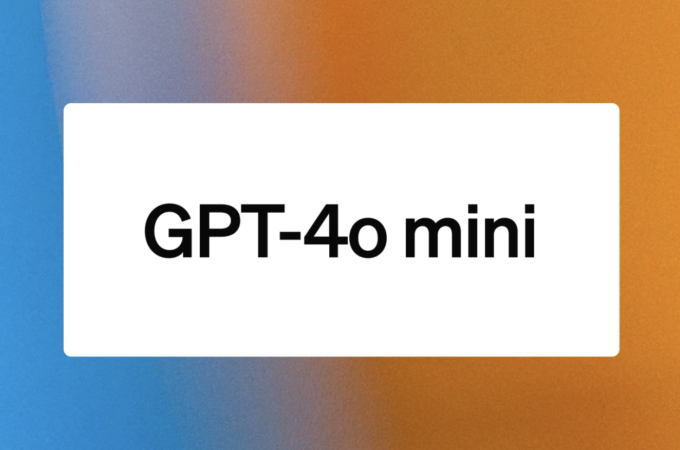
UN Adopts Landmark Resolution on Artificial Intelligence
The United Nations General Assembly has unanimously approved a historic resolution aimed at regulating artificial intelligence (AI) on a global scale. Led by the United States and co-sponsored by 123 countries, including China, the resolution underscores the imperative of ensuring that AI technologies benefit all nations while upholding human rights and safety standards.
The resolution, which was adopted without a vote, emphasizes the importance of developing AI systems that operate responsibly and in compliance with international law. It marks the first time the General Assembly has addressed the regulation of AI, signaling a significant milestone in international efforts to govern emerging technologies effectively.
Key provisions of the resolution include:
- Recognition of AI’s potential to accelerate progress towards achieving the 17 Sustainable Development Goals, highlighting its role in addressing global challenges.
- Calls for refraining from using AI systems that violate international human rights law or pose undue risks to human rights.
- Emphasis on protecting human rights both online and offline, asserting that rights must be safeguarded throughout the lifecycle of AI systems.
- Encouragement for all stakeholders, including states, the private sector, civil society, and academia, to develop regulatory frameworks for the safe and trustworthy use of AI.
The resolution also acknowledges the disparities in technological development among countries and stresses the importance of bridging the digital divide. It calls for cooperation and support for developing nations to ensure inclusive access to AI benefits and promote digital literacy.
Speaking before the adoption of the resolution, US Ambassador Linda Thomas-Greenfield underscored the significance of governing AI to prevent its misuse. She emphasized the need for AI to be deployed in a manner that upholds humanity, dignity, and fundamental freedoms, highlighting the responsibility of the international community in shaping AI’s future.
The resolution’s unanimous adoption reflects a rare consensus among UN member states, indicating widespread recognition of the urgency and importance of regulating AI. Despite its non-binding nature, the resolution sets a foundational framework for future discussions and initiatives on AI governance.
While the resolution primarily focuses on civilian applications of AI, it refrains from addressing its potential military uses. US officials clarified that the resolution deliberately excludes military discussions to prioritize civilian safety and trustworthiness in AI development.
Overall, the adoption of the UN resolution on AI represents a significant step towards establishing global norms and principles for the responsible and ethical use of AI technologies. It underscores the international community’s commitment to harnessing AI’s potential for the collective benefit of humanity while mitigating potential risks. As AI continues to shape the future of society and economy, concerted efforts to govern its development and deployment are essential to ensure a more inclusive, equitable, and sustainable digital future.





